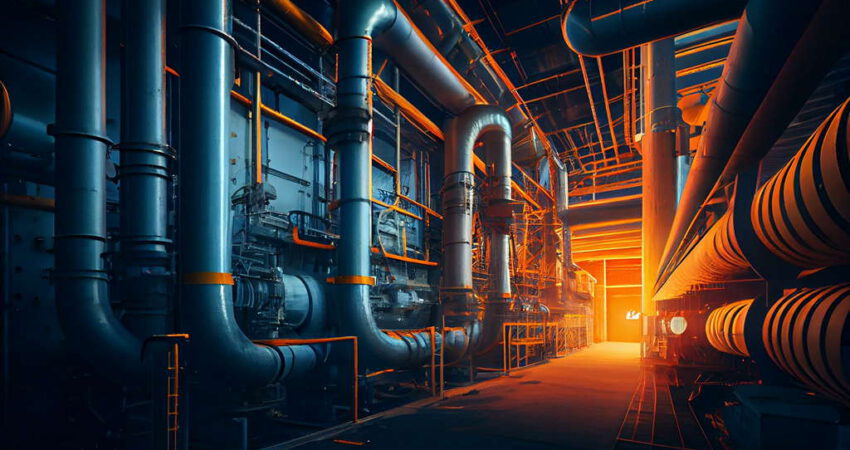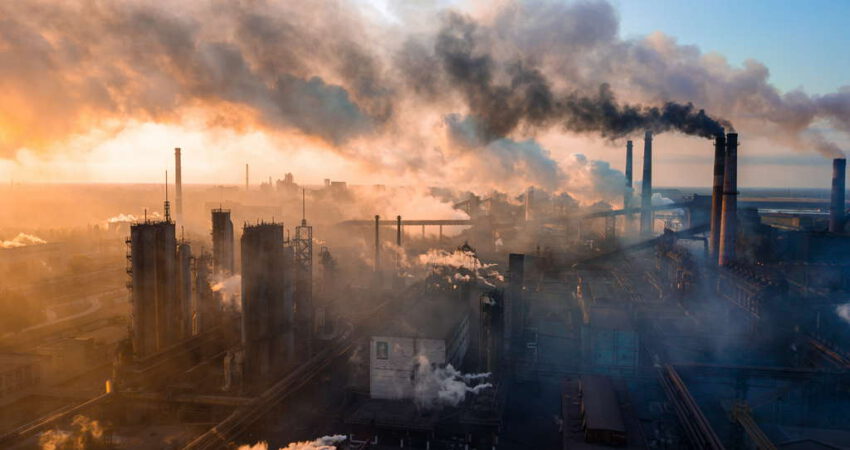Having set itself the ambitious task of giving up bloody pipeline gas from Russia and replacing it with “freedom LNG” from across the pond, the European Union is meeting its moral obligations. However, it could unwittingly drive itself into an infrastructural trap in which it has to choose between economic and environmental collapse.
Monthly Archive: June 2023
In 2022 Europe experienced its steepest ever drop in gas demand of 55 billion cubic metres (bcm) or 13%, as the International Energy Agency reports: https://www.iea.org/commentaries/europe-s-energy-crisis-what-factors-drove-the-record-fall-in-natural-gas-demand-in-2022 . At the same time expenditure on gas imports almost tripled compared to the 2021 level, reaching €400 billion.
With the introduction of the embargo on oil and oil products from Russia due to the war in Ukraine, the European Union is facing the issue of finding new sources capable of replacing Russian oil supplies. A potential solution could be to increase purchases of oil from Africa. However, experts note that we should not expect a significant growth in oil supplies from Africa in the near future.
Last year the European Union took a number of serious steps towards reducing dependence on Russian energy and diversifying its suppliers of gas and oil. In particular, in July 2022, Brussels signed a memorandum of understanding with Baku on strategic partnership in the energy sector. The document envisages that supplies of gas from Azerbaijan will double in the next five years and by 2027 Baku will supply Europe with at least 20 billion cubic metres (bcm) of gas per year.
The European Union is one of the leading producers of steel and the bloc has big ambitions to offer the market a decarbonized product. At the same time, growing costs, the energy crisis and fierce competition in the steel market could result in partial deindustrialization for the EU. But the urgent introduction of green methods of production and a bet on poorly developed hydrogen technologies threaten to accelerate this process.





